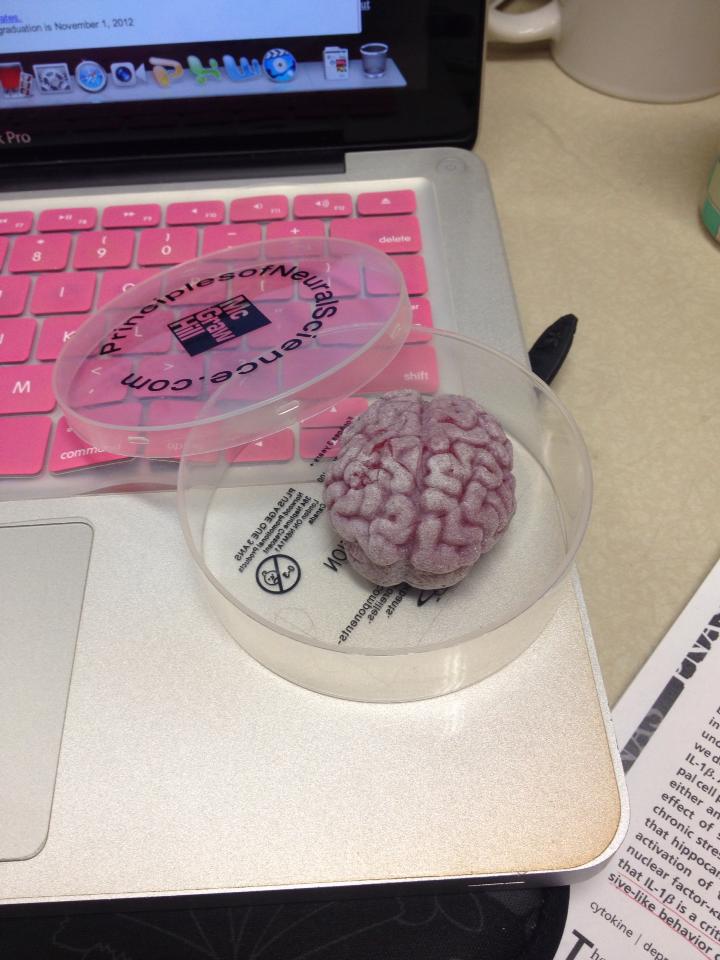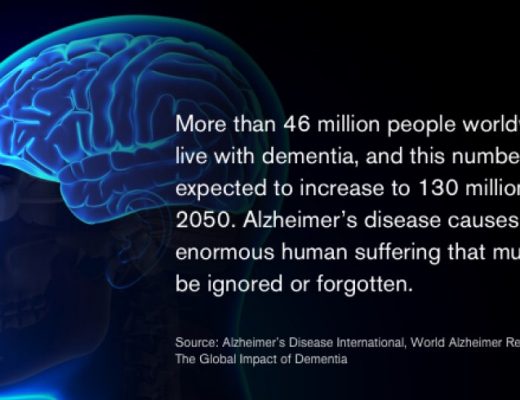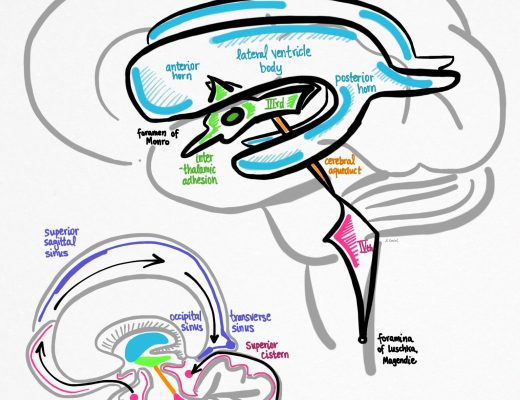Neuroscience was something that always interested me ever since I was able to watch those Discovery Channel specials on the brain and the nervous system where they would show cool case studies. The brain always fascinates me. At first it was simply a curiosity, something that caught my attention and thought was super cool, but as I started taking more classes during undergrad, I realized that neuroscience was made for me.
Growing up I had always loved tackling challenges and solving problems, and neuroscience allowed me to do both. There is so much we still don’t know about the nervous system that there seems to be an issue to tackle anywhere you look, from understanding how we can create such a holistic representation of our environment from our sense to understanding how neurological illnesses affect the brain and nervous system and how we can combat those illnesses. I’ve always wanted to know more about the world, about our world, how it works, and why it works. Understanding the nervous system helps me explain just a small part of that, but an important part: what makes the human experience, what is consciousness.
The opportunity to work in a lab and get first-hand experience was very important to me in terms of choosing to pursue research after graduating from college. Additionally, being able to work in a lab gave me an idea of what research life is like without having to worry about other school work.
Everyone gets stressed out now and then, and some stress is healthy. Say a dad sees his toddler toppling off a play structure. His brain releases chemicals that trigger other reactions in his body, giving him a burst of energy to dash to his daughter before she hits the pavement.
But neuroscientists have found that too much stress can hurt a part the brain’s hippocampus, which plays a key role in memory.
Neuroscientists are working on treatments for stress — but the best remedy may be to just mellow out. If you major in neuroscience, you’ll study stress, memory, and other mysteries of the brain and nervous system.
Neuroscience is a combination of subjects, including psychology and chemistry. To deepen understand how the brain and the nervous system works.
Did you know that a human brain on average has 100 billion neurons – each of which makes anywhere between 1,000 and 10,000 synapses (connections) with other neurons? You do the math.

















No Comments